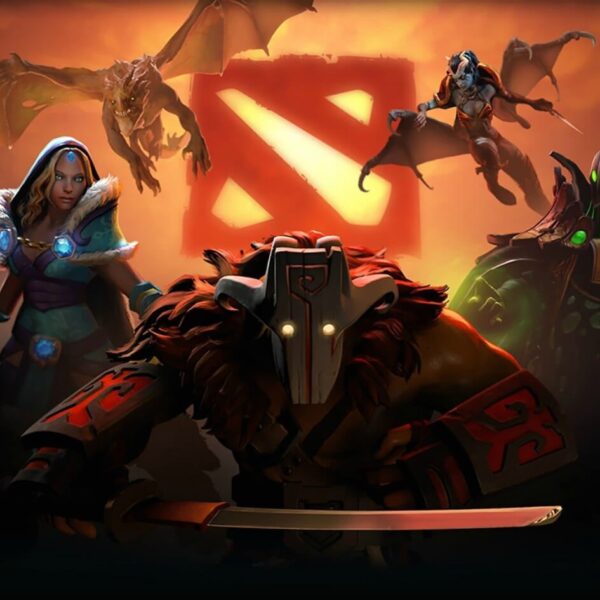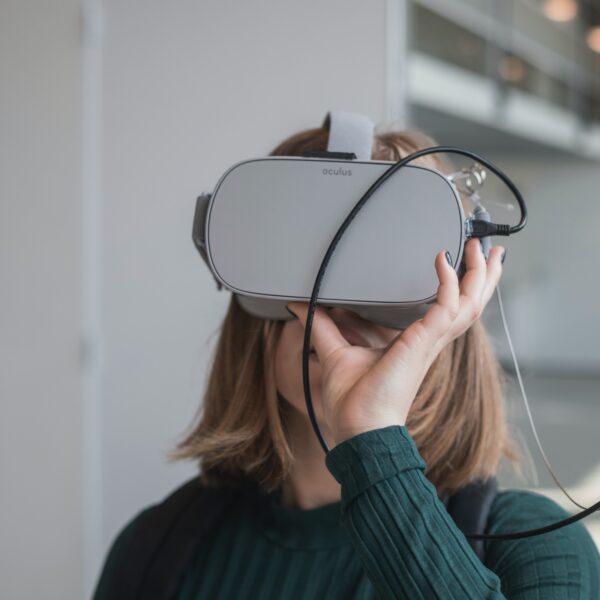In the landscape of childhood development, games have proven to be an invaluable tool for fostering critical decision-making skills. At a glance, games may appear to be mere pastimes or entertainment, yet they are much more than that. Games allow children to experience the consequences of their decisions in a structured setting, providing a safe platform where they can experiment, fail, learn, and grow. While there are many games that offer such benefits, one example that stands out is Minecraft, particularly when enhanced with the best mods.
The brilliance of Minecraft lies in its open-ended nature. With various Minecraft mods, the game can be transformed and expanded, offering new layers of complexity and challenge. Mods, short for modifications, are changes made to the original game by the user community to add new features, change the game’s look or feel, or make the game more challenging or fun. They provide diverse scenarios that demand different levels of strategic thinking and decision making, thereby nurturing these skills in young minds.
Board Games: Building Critical Thinking
It’s not just video games that offer these developmental benefits. Traditional board games have long been recognized as effective educational tools. Games like chess, Monopoly, and Scrabble help to promote decision making, strategic thinking, and problem-solving skills. As children navigate the structure of a board game, they’re forced to consider numerous possibilities, plan their moves, anticipate the actions of others, and deal with the consequences of their decisions.
In playing these games, children learn that each decision they make will inevitably lead to a certain outcome. For example, deciding to invest in properties in Monopoly will either result in profit or loss depending on the actions of other players. Similarly, in Scrabble, the decision to use certain letters and create specific words can lead to varying scores. Such decision-making processes and outcomes provide children with practical demonstrations of cause and effect, a concept that’s crucial for their cognitive development.
Video Games: A Virtual Training Ground
In the realm of video games, the value of decision-making skills is further accentuated. These games often present complex problems that need to be solved using logic, creativity, and efficient decision-making. In a game like Minecraft, players are given immense freedom to explore, create, and interact with their environment. But with this freedom comes responsibility.
For instance, a player might need to decide the best location to build their shelter to protect them from in-game creatures. Or they may need to choose between spending resources on upgrading tools or creating a larger base. As with board games, each decision made within the game has consequences, teaching players the importance of careful thought and consideration.
With the introduction of mods in Minecraft, this decision-making process can become even more intricate and varied. The game’s modifications offer new possibilities, challenges, and mechanics, thereby requiring players to adapt their thinking and make more nuanced decisions.
However, before you go listing your old darts for sale on Facebook Marketplace, as Minecraft uses a relatively crude physics system, it isn’t a substitute for physical skills that allow children to develop valuable motor skills beyond merely pressing buttons. As Minecraft features bows, children who enjoy Minecraft may also like to try out real-life archery.
The Lifelong Value of Game-Based Learning
The skills that children develop from playing games—particularly those involving decision-making—extend far beyond the game itself. These skills are translatable and beneficial to many aspects of life, including academic performance, social interactions, and even future career success.
Through game-based learning, children can develop strategic thinking, a skill useful for tackling academic problems. In social settings, they become more adept at making decisions that impact group dynamics, such as negotiation, compromise, and conflict resolution. And in their future careers, the decision-making skills honed through games will be invaluable in problem-solving, project management, and leadership roles.
The beauty of games is that they make learning these skills fun and engaging. And in a world where learning is increasingly moving beyond the traditional confines of a classroom, games—from classic board games to video games like Minecraft—are poised to become even more instrumental in shaping the decision-making skills of the next generation.
Image Credits: National Cancer Institute




Like this article? Share with your friends!